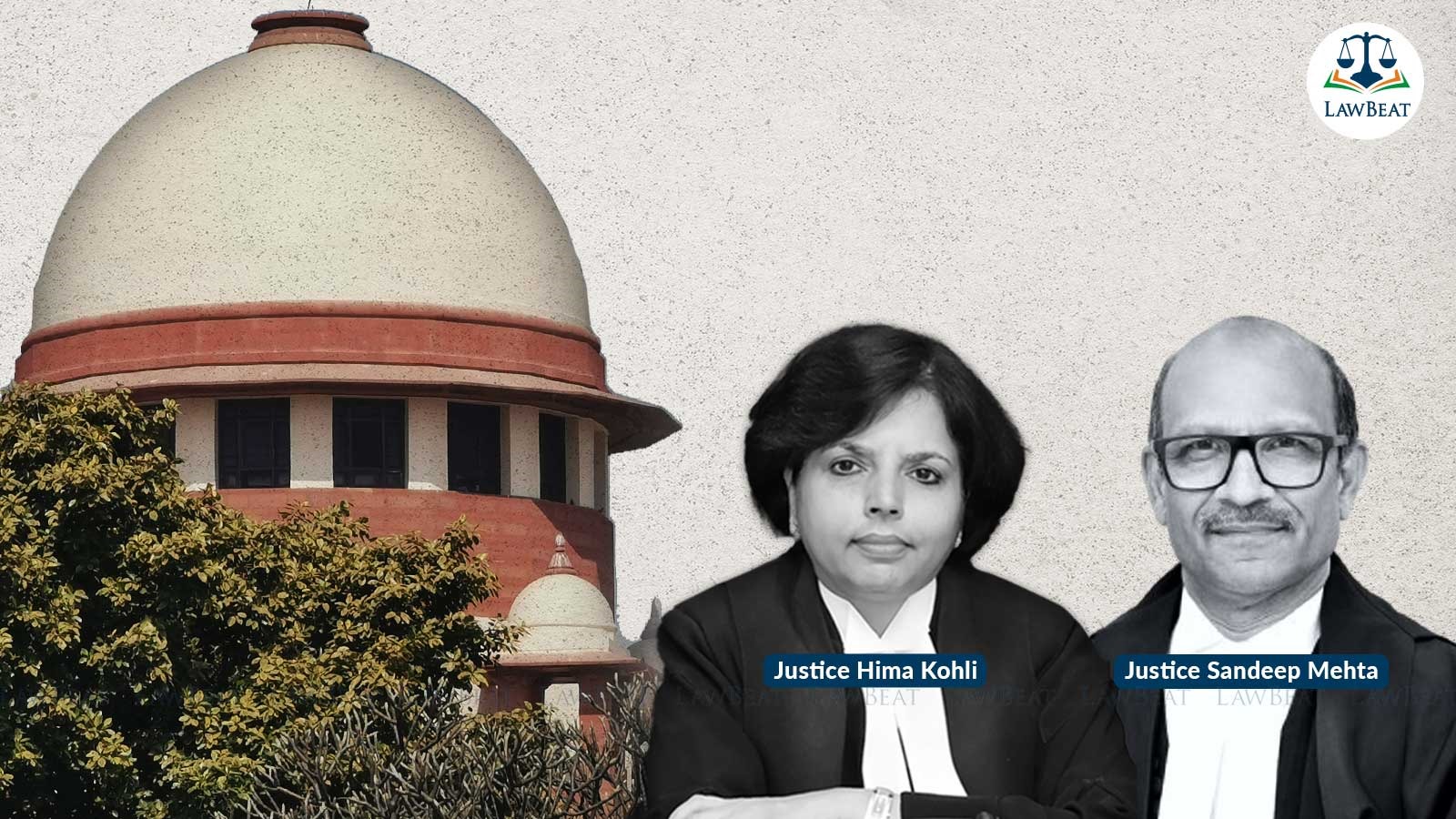Perquisites and Allowances to Count in Accident Compensation: Supreme Court

The Supreme Court said that the High Court erred while omitting to add components of house rent allowance, flexible benefit plan and company contribution to provident fund to the basic salary of the deceased
The Supreme Court has held that perquisites and allowances have to be added to the basic salary of the deceased before applying the rise by future prospects in determining the compensation in motor accident claims cases.
"Components of house rent allowance, flexible benefit plan and company contribution to provident fund have to be included in the salary of the deceased while applying the component of rise in income by future prospects to determine the dependency factor," a bench of Justices Hima Kohli and Sandeep Mehta said.
The Apex Court reversed the Karnataka High Court's August 2, 2017 judgment, which had accepted an appeal filed by Oriental Insurance Company Ltd and reduced the compensation awarded by MACT, Kalaburgi to one Meenakshi, mother of a Year-old service consultant who died in a road mishap.
The Motor Accident Claims Tribunal awarded the mother compensation to the sum of Rs 1.04 Cr with interest of 6% per annum.
The appellant's son Suryakanth, who used to draw monthly salary of Rs 50,942, expired in the road accident on August 29, 2013.
The High Court, however, computed the compensation as Rs 49.57 lakh.
Examining the appeal, the bench opined that the reasoning assigned by the High Court, that the perquisites and allowances in the nature of house rent, flexible benefit plan and company contribution to provident fund would have to be excluded from the gross income for the purpose of applying future prospects, was erroneous on the face of record.
"There cannot be any two views on the aspect that these perquisites and allowances admissible to a salaried employee do not remain static and continue to rise generally proportionate to the length of the service of the employee. These allowances are generally fixed on a pro rata basis with reference to the basic salary," the bench said.
The court pointed out that as per the service conditions and pay scales of the Government officials, the house rent allowance was payable between 8% and 30% of the basic salary.
Therefore, the house rent allowance is paid in a fixed ratio proportionate to the basic salary. With the increase in basic salary, the quantum of house rent allowance also increases proportionately. The flexible benefit plan and company contribution admissible to a person employed in private service would also not remain static and are bound to increase with the length of service, the bench said.
The court noted that the only bone of contention in this appeal was whether perquisites and allowances should also be taken into account while applying the future prospects.
"Therefore, entirely excluding these components from the salary of the employee for applying the principle of future prospects would be unjustified. Consequently, we have no hesitation in holding that these allowances cannot be ignored and have to be added to the salary when assessing the rise in income due to future prospects of a person employed in private service. This court has carved out a rational formula to fix the percentage of rise of income by future prospects," the bench said.
In the case at hand, the bench pointed out, the said percentage had been fixed at 50% by both, the Accident Claims Tribunal as well as the division bench of the High Court.
Thus, perquisites and allowances have to be added to the basic salary of the deceased before applying the rise by future prospects, the bench said.
The court cited 'Raghuvir Singh Matolya and Others Vs Hari Singh Malviya and Others' (2009) wherein it was held that the house rent allowance ought to be included for determining the income of the deceased.
It also referred to a recent judgment of July 11, 2024 in 'National Insurance Company Ltd Vs Nalini and Ors', in which the Supreme Court held that, allowances under the heads of transport allowance, house rent allowance, provident fund loan, provident fund and special allowance ought to be added while considering the basic salary of the victim/deceased to arrive at the dependency factor.
So, the court held, the Accident Claims Tribunal was justified in factoring these components into the salary of the deceased, before applying 50% rise by future prospects due to future prospects, while calculating the total compensation payable to the appellant.
The bench found that the High Court clearly erred in accepting the appeal filed by the Insurance Company and reducing the compensation payable to the appellant from a sum of Rs 1,04,01,000 awarded by the Accident Claims Tribunal to Rs 49,57,035.
"The High Court has erred while omitting to add the components of house rent allowance, flexible benefit plan and Company contribution to provident fund to the basic salary of the deceased while applying the principle of rise in income by future prospects," the bench said.
The court, however, opined the High Court was justified in deducting Income Tax from the gross salary of the deceased-Suryakanth for calculating his gross income, which was overlooked by the Accident Claims Tribunal while quantifying the award.
The court partly allowed the appeal and fixed the compensation as Rs 93,66,272 payable by the insurance company to the appellant.
Case Title: Meenakshi Vs The Oriental Insurance Co Ltd
